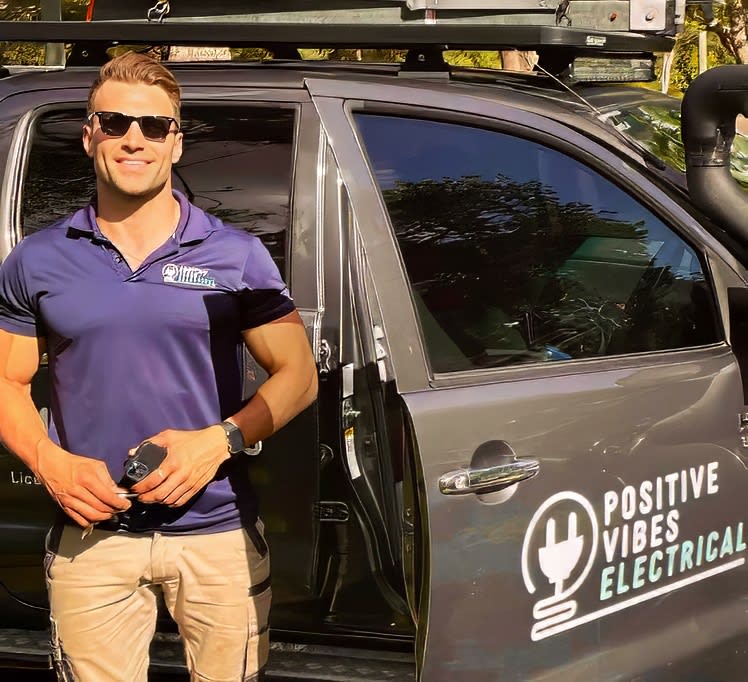Picture yourself enjoying a refreshing swim in your backyard pool on a hot summer's day – pure bliss, right? But what if we tell you that beneath those crystal-clear waters lies a potential danger that could turn your peaceful oasis into an electrifying nightmare?
It's true – pool electrical hazards are more common than you might think and can have devastating consequences if ignored. In this eye-opening article, we will explore the often-overlooked risks associated with electricity in pools and arm you with crucial knowledge on how to keep yourself and others safe while taking a dip.
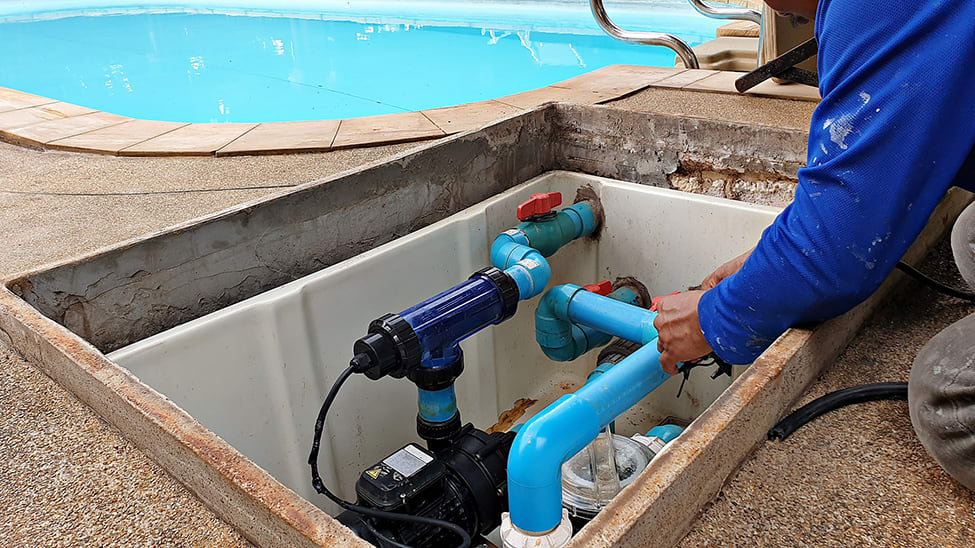
Conduct Regular Inspections for Safety
Regular safety inspections are crucial for preventing electrical hazards in pools. Conducting these inspections at least once a year is essential, as even minor issues can become severe dangers over time. Inspections should include checking the pool's electrical equipment, such as pumps and filters, for any signs of wear or damage. Additionally, all connections and wiring should be examined for loose connections or exposed wires that could pose a risk of electrocution.
Install Residual Current Devices
Installing Residual Current Devices (RCDs) is essential for maintaining safety around pools and other wet areas. RCDs are designed to quickly disconnect the power when they detect an imbalance in the electrical current, such as when electricity leaks into water or comes into contact with a person. This swift action significantly reduces the risk of electric shock, providing an essential layer of protection in environments where water and electricity are in close proximity.
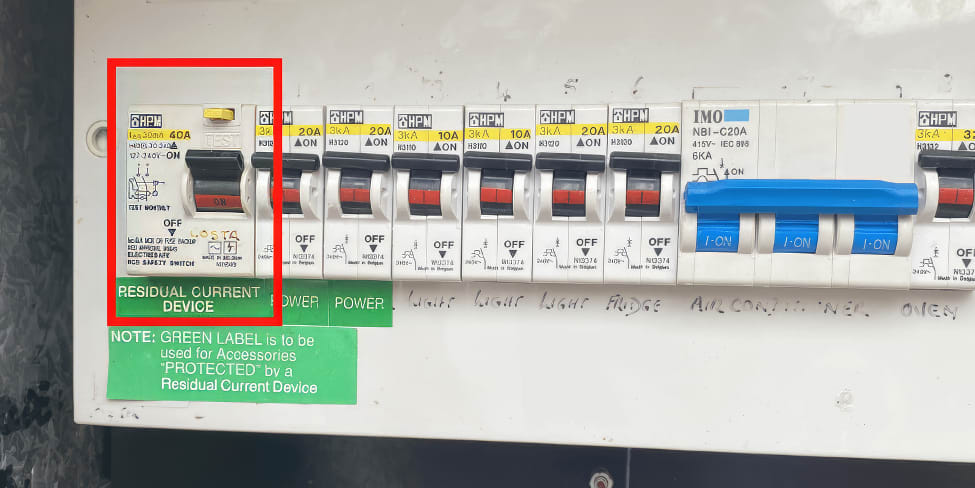
Ensure Proper Bonding and Earthing
In Australian homes, ensuring proper bonding and earthing is critical for electrical safety. These measures help to establish a safe path for electrical currents in the event of a fault, significantly reducing the risk of electric shock. Proper earthing involves connecting the electrical installation and conductive parts to the earth, ensuring that the electrical system is safely grounded. Bonding connects conductive parts, minimising potential differences and further enhancing safety for inhabitants.
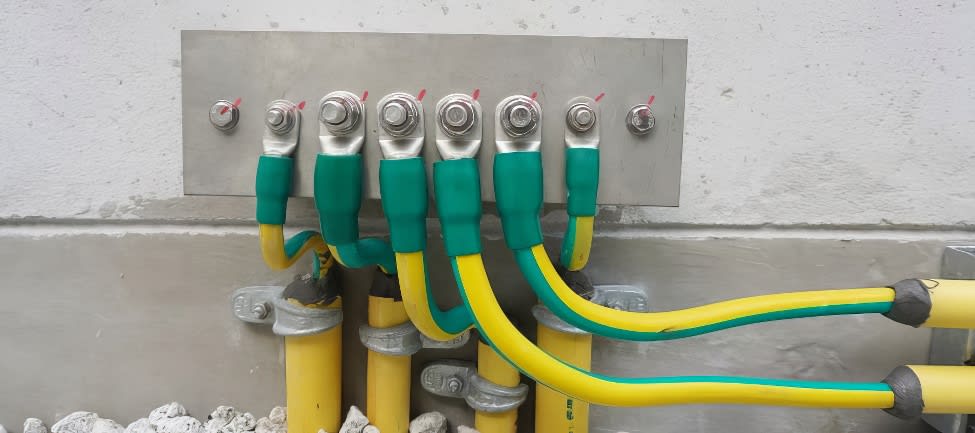
Keep Electrical Devices Away from Water
Keeping all electrical devices away from water is imperative for pool safety. Despite many electrical devices being marketed as waterproof or water-resistant, these ratings do not offer full protection. Ensuring electrical devices are kept away from pool water is a critical safety measure.
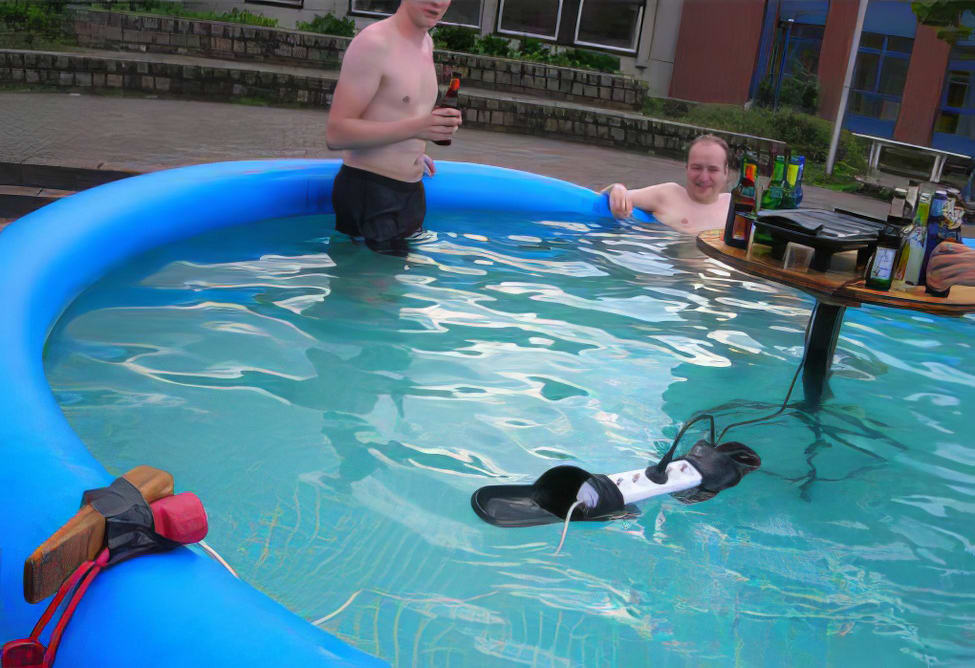
Conclusion
Understanding and preventing electrical hazards in pools is crucial for the safety of pool users and swimmers. Pool owners can mitigate these risks by being vigilant about potential dangers, such as faulty wiring or improper electrical equipment installation, and maintaining their electrical systems. For professional assistance in ensuring your pool's safety, consider reaching out to Positive Vibes Electrical, a highly reputed company in Australia known for its licensed and experienced electricians.





